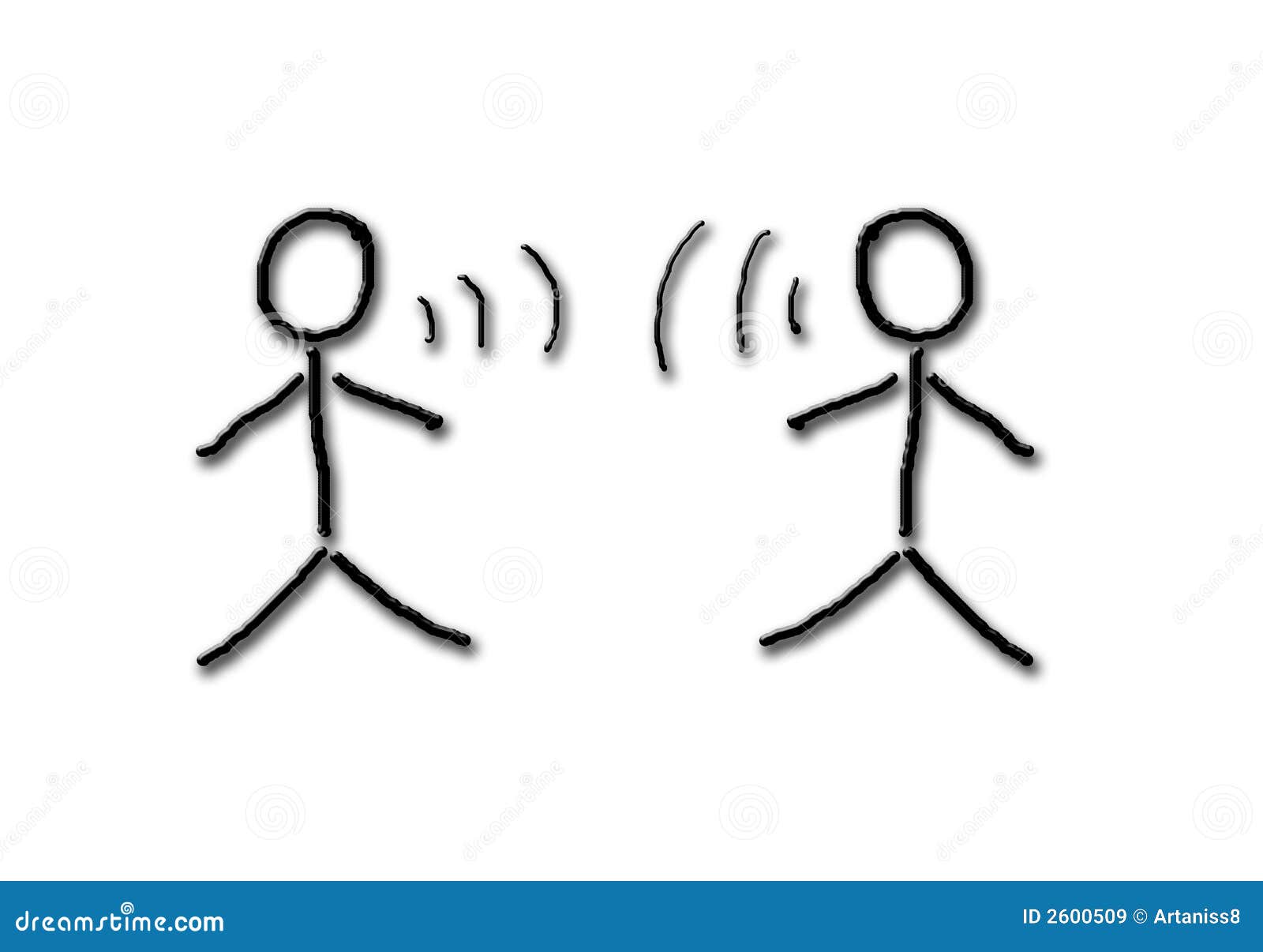 Recent studies show that there is higher incidence of hearing loss among people
with diabetes then in the general population.
This suggests there is a tie between the two diseases. The specific relation is still unknown. They believe diabetes may damage the hearing
nerves and blood vessels in the inner ear.
Recent studies show that there is higher incidence of hearing loss among people
with diabetes then in the general population.
This suggests there is a tie between the two diseases. The specific relation is still unknown. They believe diabetes may damage the hearing
nerves and blood vessels in the inner ear.
A National Institutes of Health study,
revealed hearing
loss to be twice as common in
adults with diabetes. Adults with elevated
blood sugar but not high enough to be diabetes, have a 30 percent greater
chance of developing hearing loss.
Diabetes poses a multitude of health risks to the over 300 million people worldwide. Despite these findings, hearing screenings typically are not part of the recommended regimen of care for people with diabetes. Most people do not understand the threat the disease also poses to hearing health.
Diabetes poses a multitude of health risks to the over 300 million people worldwide. Despite these findings, hearing screenings typically are not part of the recommended regimen of care for people with diabetes. Most people do not understand the threat the disease also poses to hearing health.
When diagnosed with diabetes, have a
baseline hearing evaluation. This allows us to track changes in hearing. Most insurance plans including Medicare cover
the evaluation.
Life sounds great! Enjoy
every moment!
8897 Mentor Ave
Mentor, Ohio 44060
440-205-8848
Fax: 440-205-9818
Image obtained 11-18-13 from: http://www.google.com/imgres?imgurl=http://www.dlife.com/diabetes/export/pics/dLife_Images/pwd_or_diabetic.jpg&imgrefurl=http://www.dlife.com/diabetes/lifestyle/diabetic_or_person_with_diabetes&h=270&w=303&sz=24&tbnid=V8JmoFf3YL8HKM:&tbnh=119&tbnw=134&zoom=1&usg=__3fnzLaxX9OtFuq3kt4FHvHrF4qk=&docid=ZW4Gm77Lc1ivZM&sa=X&ei=LEeKUviqGafuyQHg54HwCA&ved=0CFQQ9QEwAA











